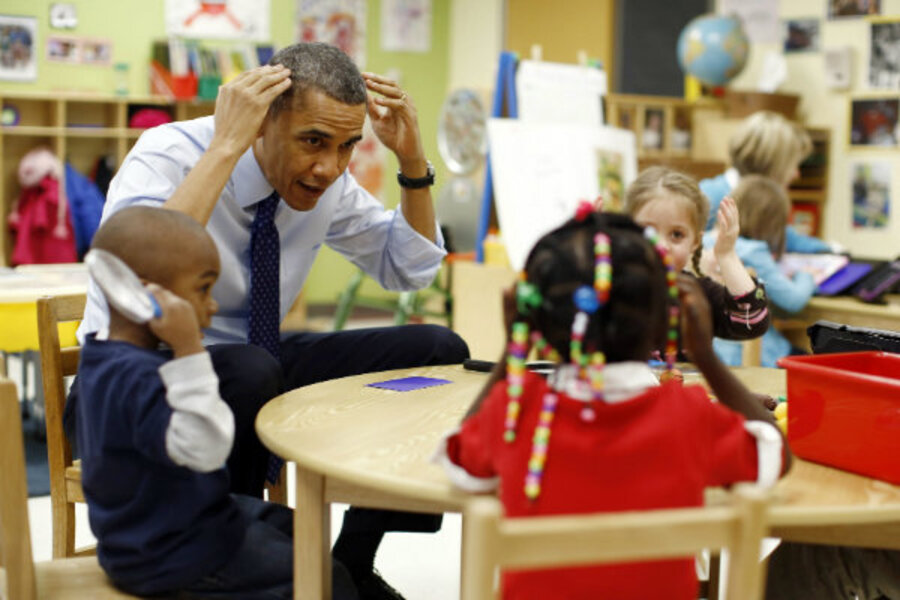Russ Whitehurst is senior fellow and director of the Brown Center on Education Policy at the Brookings Institution. He is the former director of the Institute of Education Sciences within the US Department of Education.
The nation has experienced unintended negative consequences of federal involvement in setting education policy, including cheating scandals associated with the testing and accountability of No Child Left Behind.
In Preschool for All, the federal government doles out $75 billion to states over 10 years. To access the funds, states have to submit an acceptable plan to make preschool accessible, without tuition, to all 4-year-olds from families with incomes no higher than 200 percent above the poverty line (about $39,000 for a household of two adults and one child).
The costs of preschool expansion would shift gradually from a predominantly federal share (paid for by a tax on cigarettes) to a predominantly state share. The program would be placed on the mandatory side of the budget along with entitlements such as Social Security.
It is one thing for the federal government to redistribute funds so states with lots of poor families get additional money to beef up their pre-K programs. It is another to tie a lot of strings to the money for how the programs will be delivered. States should be wary of this gift horse, and of a new federal entitlement for free pre-K for which they end up paying most of the costs after a few years.





